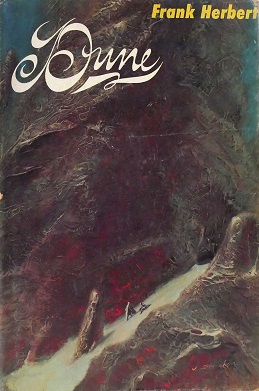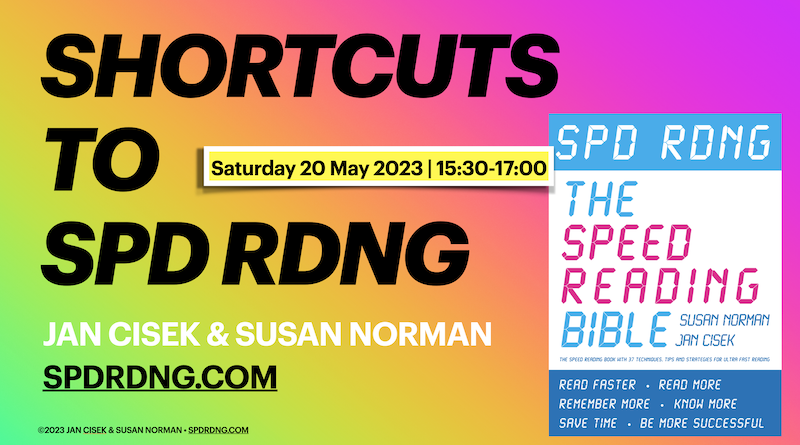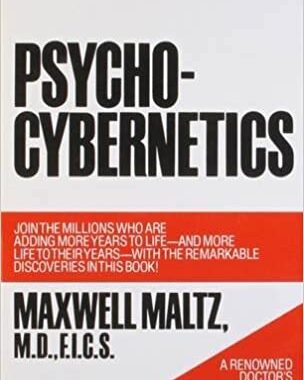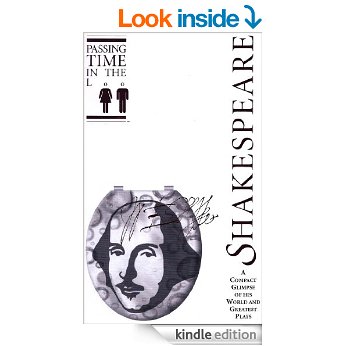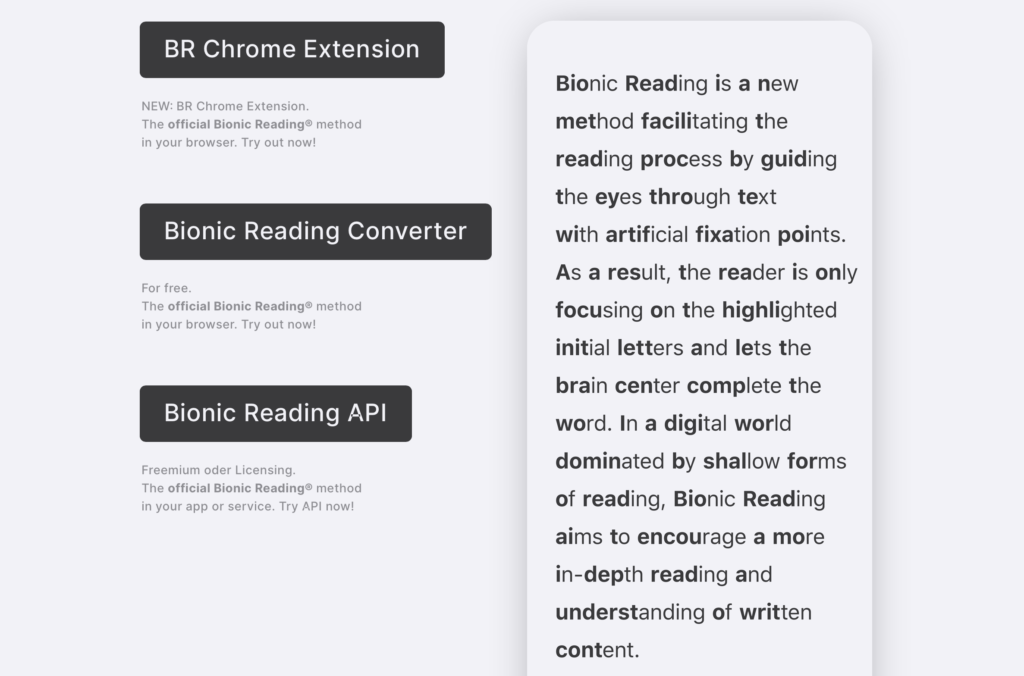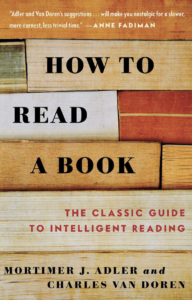 Today, 18 November, marks the centenary of Marcel Proust’s death. His masterpiece In Search of Lost Time endures not merely as a recollection of personal memories, but as a vast and intricate meditation on the nature of the self, the shifting patterns of society, and the extraordinary, transformative force of involuntary memory. Its scale and ambition are matched by a structure and style so complex and nuanced that they resist any attempt at straightforward paraphrase or reduction. Yet, in honour of this remarkable work and its author, I will attempt precisely that — to offer a substantial, in-depth summary and analysis of one of the longest novels ever written, a task whose length and detail I hope will, in its own way, mirror the expansive scope of the novel itself.
Today, 18 November, marks the centenary of Marcel Proust’s death. His masterpiece In Search of Lost Time endures not merely as a recollection of personal memories, but as a vast and intricate meditation on the nature of the self, the shifting patterns of society, and the extraordinary, transformative force of involuntary memory. Its scale and ambition are matched by a structure and style so complex and nuanced that they resist any attempt at straightforward paraphrase or reduction. Yet, in honour of this remarkable work and its author, I will attempt precisely that — to offer a substantial, in-depth summary and analysis of one of the longest novels ever written, a task whose length and detail I hope will, in its own way, mirror the expansive scope of the novel itself.
“In Search of Lost Time” (French: “À la recherche du temps perdu”) is a monumental seven-volume novel written by the French author Marcel Proust. The work was published from 1913 to 1927, with the earlier volumes appearing during Proust’s lifetime and the later volumes, somewhat unfinished, published posthumously and edited by his brother.
Authorship and Publication
Author: Marcel Proust (1871–1922)
Years Written & Published: 1913–1927
Proust began work around 1909, published the first volume in 1913, and wrote until his death in 1922. The final volumes appeared by 1927.
Length
Word Count: Estimates range from around 1.2 million to nearly 1.4 million words, making it one of the longest novels ever written.
Structure: Consists of seven volumes and over 4,000 pages.
A Very Short General Gist/Themes
Plot: The novel is framed as the intimate recollections of its narrator, largely paralleling Proust’s own life. It traces his childhood, the intricacies of Parisian high society, scenes of love (and jealousy), ambition, art, memory, time, and his struggle to become a writer.
Key Themes:
The subjective nature of experience and memory, with special focus on involuntary memory — as in the iconic “madeleine episode,” where a taste triggers a cascade of recollections and insights.
The passage and effect of time on human relationships and the self.
Society, love, sexuality, art, and the search for meaning.
Philosophical Angle: The narrator ultimately discovers that all experience, even when apparently lost, is preserved intact in the unconscious, ready to be accessed by vivid memory and that’s how memories shape identity. In a nutshell, memory redeems the years lost to time.
Continue reading →


























 Richard Wiseman’s upcoming book
Richard Wiseman’s upcoming book  The most comprehensive book on speed reading, guiding readers through simple techniques, strategies and tips to improve their reading speed, understanding and concentration.
The most comprehensive book on speed reading, guiding readers through simple techniques, strategies and tips to improve their reading speed, understanding and concentration.